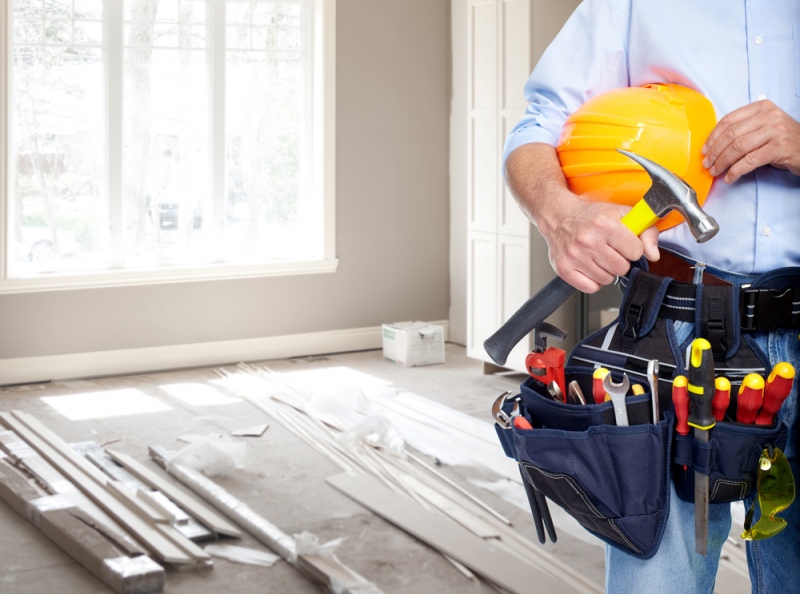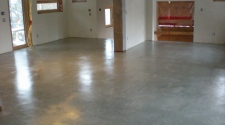Selling your house is a whole load of processes with the home inspection being a standard part of selling a home as it’s crucial in determining the price in which a house will be sold. Preparing for a home inspection involves making home improvements and general renovations, and sometimes a home seller may end spending a lot of time and money in preparing their homes for inspection. While preparing a home for inspection by most home sellers is often overlooked by most home sellers, it a crucial practice to assure the buyer that the house they are buying is without hidden damage or required repairs which may be costly.
A home inspection can be initiated by a buyer or a seller depending on the laws governing properties in a particular locality. A home inspection usually occurs after the buyer has signed a purchase agreement and before the final closing date. During a home inspection, an inspector examines the house from top to bottom put much emphasis on the roofs, walls, plumbing system, electrical system, HVAC as well as other installed systems as well as damages. When preparing for a home inspection, you may not need to hire a real estate agent as it involves a few steps you can carry out on your own. Consider the points below to ensure a smooth inspection.
-
Ensure Areas to be Inspected are Accessible
When preparing for a home inspection, it is crucial to provide easy access throughout the property for the inspector to gain access to every part of the property. If a home inspector fails to access certain areas in a property, they wouldn’t inspect it and would write a negative report to the buyer. Make all areas in the property accessible by cleaning and decluttering inspection access points. For instance, you may clean furnace filter, clean oven, and stove, empty storage from the attic, arrange closets near access points and clearing the perimeter around the property.
-
Clean the House
Cleaning the house may sound obligatory, but many home sellers often overlook it. A dirty house will indeed paint a negative perception in the mind of the inspector who would go on to write a negative report concerning the house regardless of how the property lacks any damages or shortcomings. A clean house creates a good impression and communicates to the inspector that the house is in excellent condition. A dirty and messy house will also make the inspector suspicious that some areas of the property may not be well-taken care off.
-
Carry Out Necessary Repairs to the Property
Some damaged functionalities of a should be repaired before the inspection to avoid the chances of a negative report. Carrying repairs may be costly, but it increases the value of the property and ensures that the property is viable for sale. The common repairs include bulb replacements, removing any drain clogs, replacing any missing roof, replacing torn screens and cracked windows, replacing worn out insulation in the attic and crawl space, repairing damaged bathrooms and toilets, repairing leaks among other necessary repairs.
-
Leave Pilot Lights Ignited
As you prepare for a home inspection, it is essential to keep pilot lights ignited as home inspectors are not covered to undertake such as a liable and risky full task. If the pilot lights are not lit, the inspector may fail to inspect vital essentials in the house including the gas stove, the water heater, and furnace which could delay the closing of the home sale until those inspections are completed. Additionally, you may want to leave the house utilities connected as the home inspector would need to test the stove, dishwasher, furnace and air conditioning systems. Leaving pilot lights ignited and utilities connected shows that you were well prepared for the inspection and avoid time wastage during the inspection.
-
General Preparedness on the day of Inspection
On the day of the inspection, you should be well prepared for inspection to ensure that the process is as smooth as possible. For instance, you should make available all invoices and documents concerning remodeling projects or newly installed items as they are crucial in the inspection process. Also, ensure that all house utilities are on and ensure that every part of the property is accessible by unlocking gates, doors, and electrical boxes. Ensure you are well prepared two hours before the arrival of the inspector and vacate the property for at least 3 hours when the inspection is ongoing.
To conclude, most home sellers are usually worried about the home inspection, but proper preparedness can alleviate such fears and ensure that there is no delay in closing the sale. Off course, you aren’t expecting complete perfection, but there are major issues you can fix before the inspection.
















